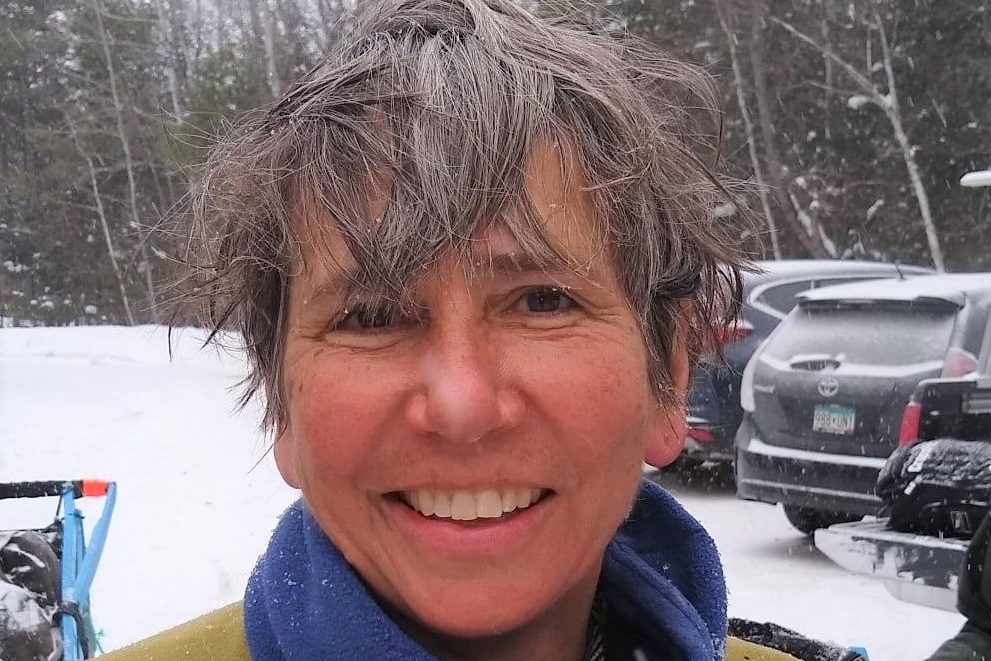
The Cooperative Aesthetics of Microbial Relationships: Ruminations of a Former Billiard Ball – with Lisa Heldke
This essay uses recent encounters with parasitic organisms to reflect on the interactive experience that is being human. In it, I explore a shift in my own embodied experience of being human, moving from self-contained, isolated unit—a billiard ball—to very messy community. A collection of organisms operating in complicated, precarious, often-inharmonious concert-cum-train wreck with each other. Rather than a billiard ball, imagine a moldy Swiss cheese in which parasitic relationships are playing a remarkably constitutive role. Parasitic relationships speak to the perverse reality of life; flourishing and faltering are both parts of what we do, and both are enabled, in different ways, by parasitic relationships. Indeed, that description makes parasitism a rather apt metaphor for the condition of being alive in general—and for the human condition most poignantly and in particular.
A version of this essay will be part of a forthcoming edited collection, Co-operative Aesthetics: Models for a Relational Sensibility in the 21st Century, ed. Gioia Laura Iannilli.
Lisa Heldke is Professor of Philosophy and Director of the Nobel Conference at Gustavus Adolphus College. She’s an author or editor of a few books on the philosophy of food, including Philosophers at Table: On Food and Being Human and The Encyclopedia of Food and Agricultural Ethics. Her favorite microbial relationships involve bread and fermented dairy products.